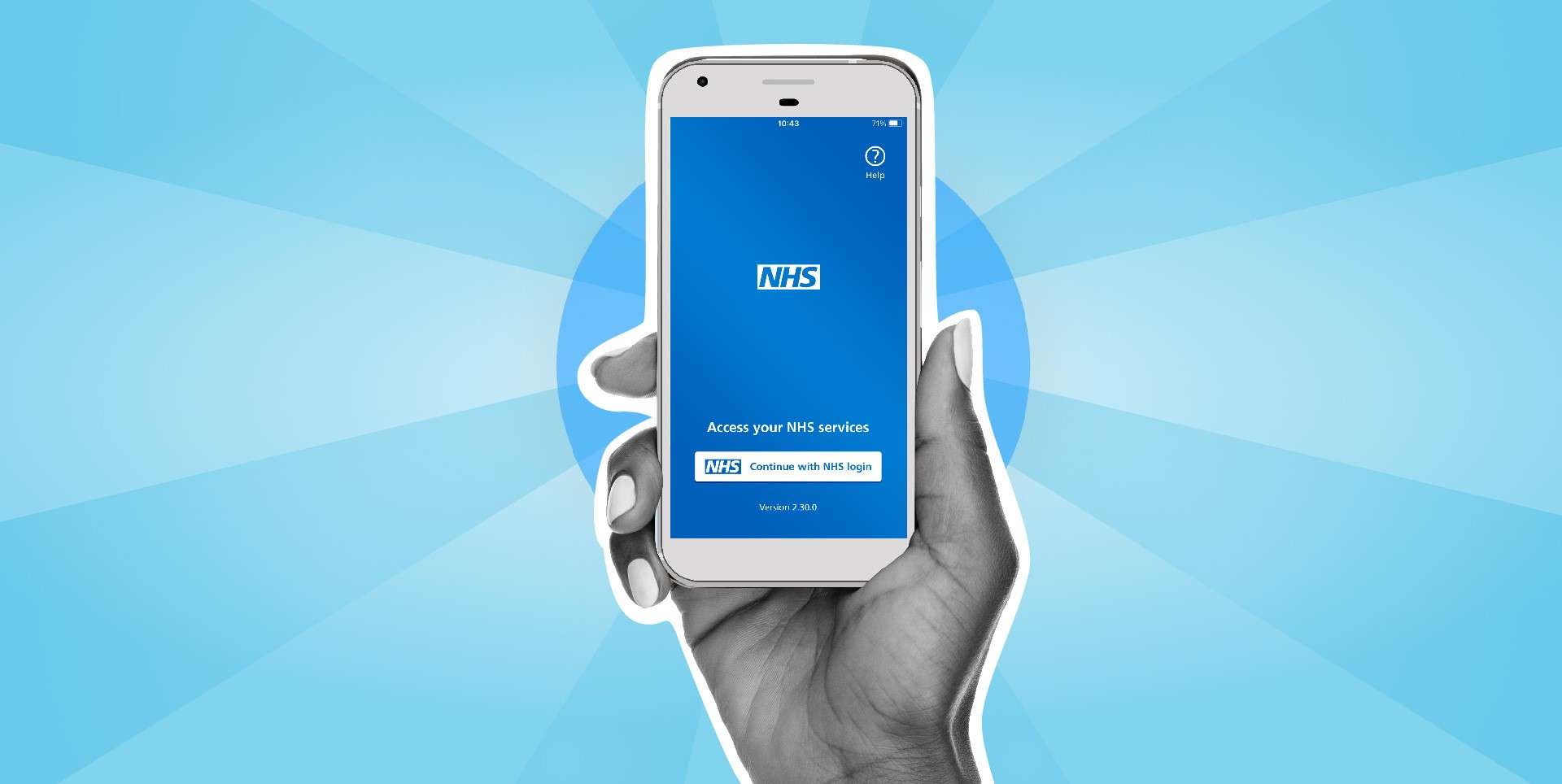As the UK enters its ninth week of lockdown, interim deputy national statistician Frankie Kay calls for organisations to bring their data together to address the nation’s challenges
We live in turbulent times. From emerging diseases to climate-related weather events, now more than ever we need access to a wider range of data to help us make the right decisions.
I believe it’s time to stop feeling apologetic for needing the nation’s data and to start confidently working together to use this powerful resource to solve our problems.
This should, of course, be done securely, adhering to the strict ethical protocols we have put in place to protect every one’s right to privacy. But the time has come to really start mobilising the power of data, making the most of the large swathes that already exist and using them to provide clearer insight and understanding of our country.
Traditionally, we’ve collected this data from a variety of surveys and from the census but, with the previously unimaginable sources the data revolution has created, we’ve been embracing a variety of new forms – from admin records, to internet data and beyond.
Perhaps one of the most important barriers of all is public trust… but the public are largely supportive of sharing their data when they are kept informed of when and how it is being used, when the robust safeguards are explained to them, and when it’s for the good of society
For example, we’re using real-time tax data from HMRC to improve estimates of employment and earnings, and weekly data on shipping movements and road traffic for faster estimates of economic performance. Elsewhere, collaborative working across the public and voluntary sectors is offering vital new insights on important issues including homelessness and child abuse.
Now, we need to look further and identify the missing data needed to tackle the emerging challenges facing both our nation and our planet.
New data sources
As Covid-19 continues to take its toll, we are working with partners across academia and government to find vital information quickly and provide the data and evidence needed to support our decision-makers in the UK.
A combination of new data sources, increased frequency and timeliness of some of our existing indicators, and new surveys can provide the government and the public with vital information at this time.
Consumer, shipping and PAYE data are giving us an idea of the impact of Covid-19 on our lives and the economy. When joined with our data on population characteristics, it can give us a deeper understanding of the way in which Covid-19 is affecting society and inform our healthcare response.
Data from Google, Apple and others is helping us understand the impacts of social-distancing measures, and our newest collaboration, with the Department of Health and Social Care, the University of Oxford, IQVIA and the National Biosample Centre, is allowing the government to carry out a large-scale virus infection survey across England to improve understanding around the current rate of Covid-19 infection and how many people are likely to have developed antibodies to the virus. Assembled in a matter of days, this large study shows just how powerful collaboration between organisations can be.
But we could be doing more. Huge challenges such as emerging diseases and flooding are unfortunately not going away any time soon. And they certainly won’t be the last challenges of their kind. There are data sources out there that could be brought together to make real inroads into these challenges.
Announced in the last budget, new funding of £6.8m to start the development of a government-wide initiative that will, for the first time, link and provide access to existing public data in an ethical, secure and controlled way will certainly help, but we need to get more sectors involved.
While there are still barriers to overcome, such as data-sharing being limited by incompatible technology, and data being collected in different ways, together we can find solutions.
At the ONS – and, in particular, our Data Science Campus (pictured below right) – we are already working with other organisations on experimental data outputs that require us to overcome these barriers.
We also share our Data Strategy, standards and policies and ensure that the data used in our statistics is available in machine-readable format, so that they can be reviewed and reused.
Finding a common outcome which both the data supplier and users of the data can share can also be a challenge. Here we need to do more to show the far-reaching impact of data sharing. Those of us using data for public good need to start shouting about these benefits.
Public trust
Another barrier, and perhaps one of the most important of all, is public trust. This is hardly surprising, as much of the data collected about us is personal.

At the ONS, we ensure that all data is treated safely, securely and ethically, ensuring people’s privacy. We have several ethical principles and we only use data if there are clear public benefits. The National Statistician’s Data Ethics Advisory Committee provides us with independent advice on the ethics of our data use.
The public are largely supportive of sharing their data when they are kept informed of when and how it is being used, when the robust safeguards are explained to them, and when it’s for the good of society.
It is vital that we are open and transparent with the public about how their data is being used, in order to build that public trust both within government but also as part of the wider community of data users such as academics and researchers.
I’m making a plea to organisations across the nation: let’s consider how we can securely share data and work together to highlight trends and address problems both within our own sectors and for the country as a whole.



